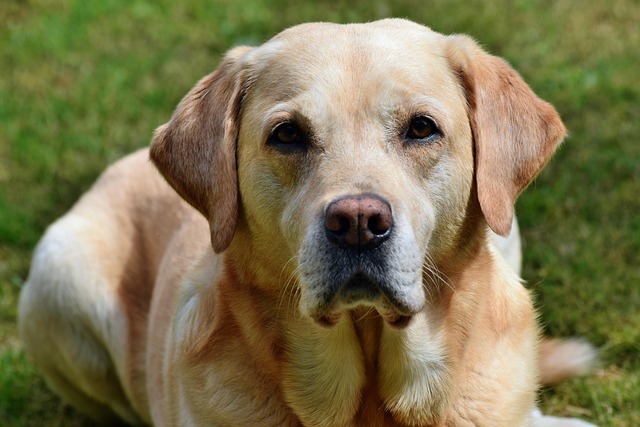
how many times a day can i give my dog hemp oil
Last weekend, I ran into Lena, a first-time dog owner, at the pet supply store near my apartment. She was holding a bottle of hemp oil and staring
I stood in the pet store last month with Lila, a first-time dog owner who’d just brought home an 8-week-old German Shepherd puppy named Kaiser. She held a bag of dry kibble in one hand and a can of wet food in the other, staring at both in confusion. “Which one’s better for him?” she asked, as Kaiser nuzzled her ankle. If you’re a U.S. owner of a German Shepherd puppy, this question is probably top of mind—these large, energetic pups have unique growth needs, and choosing between wet or dry food feels high-stakes. The answer? It’s not about “either/or”—it’s about what fits their nutritional needs, your lifestyle, and often a mix of both works best for German Shepherd puppies’ rapid development.
German Shepherds are a large-breed puppy, meaning they grow faster than small dogs—gaining up to 80 pounds in their first year. Their bodies need precise amounts of protein (at least 22% for puppies), calcium, and phosphorus to support strong bones and joints (too much calcium can cause hip or elbow dysplasia, a common issue in the breed). Dry food is formulated to meet these needs with balanced nutrients, and its crunchy texture helps scrape plaque off their developing teeth. Wet food, meanwhile, has higher moisture content (great for hydration, especially if your pup doesn’t drink enough water) and better palatability—perfect for picky eaters or teething puppies who find kibble hard. Lila’s vet explained that neither is “better,” but both need to be large-breed puppy-specific (avoid generic formulas) to hit those nutritional marks.
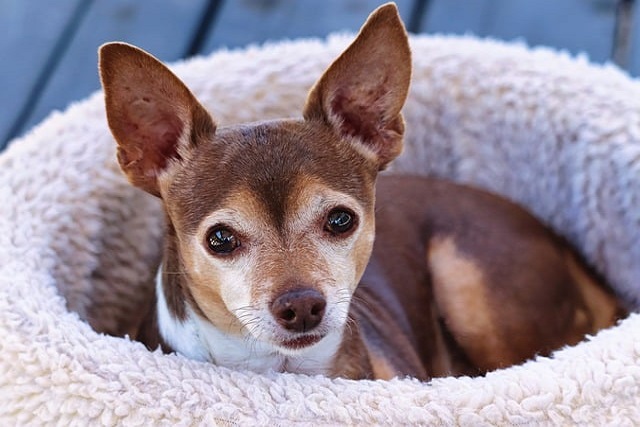
Here’s how to choose (and use) both for your German Shepherd puppy: First, prioritize AAFCO certification—look for “formulated for growth and reproduction” on the label (this guarantees it meets large-breed puppy needs). For dry food, pick a brand with real meat (chicken, lamb) as the first ingredient—avoid fillers like corn. For wet food, choose grain-free options if your pup has sensitivities, but check for added sugars. Many owners mix: Lila adds 1 tablespoon of wet food to Kaiser’s dry kibble at mealtime to boost flavor without overdoing calories. Feed 3–4 small meals a day (large breeds need frequent feeding to avoid bloat) and measure portions strictly—German Shepherds are prone to obesity if overfed. Always provide fresh water, especially if feeding mostly dry food.
Culturally, use mealtime as a positive training opportunity—call Kaiser to his bowl with a command like “eat up” and praise him for sitting patiently (never scold him for slow eating, which violates U.S. animal welfare standards). For apartment living, feed him away from high-traffic areas to avoid distractions, and clean his bowl immediately to prevent pests. When walking after meals, carry extra poop bags (cities like Houston fine $250 for leaving messes) and avoid intense exercise for an hour to reduce bloat risk. While at the vet for a wellness check (critical for large-breed growth), confirm his rabies and distemper vaccines are up to date (required nationwide).
Choosing between wet or dry food for your German Shepherd puppy isn’t about perfection—it’s about balance. With AAFCO-certified food, portion control, and vet guidance, Kaiser will grow into a strong, healthy adult.

Last weekend, I ran into Lena, a first-time dog owner, at the pet supply store near my apartment. She was holding a bottle of hemp oil and staring
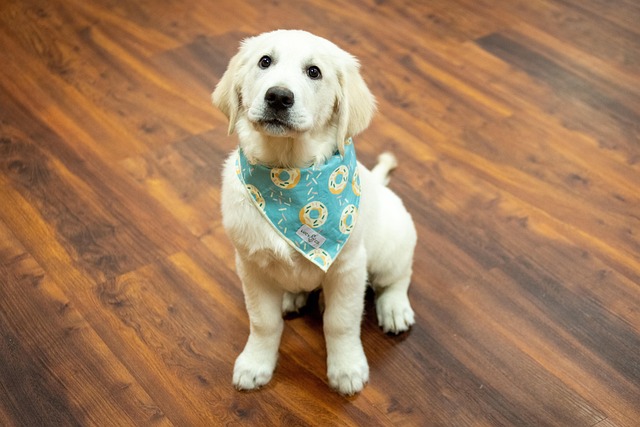
Walks around the neighborhood after work are a common routine for many dog owners, but squeezing in just 30 minutes might not cut it for every pup.
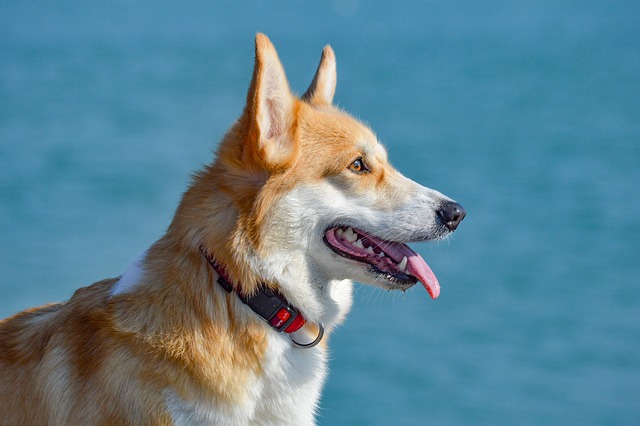
I sat with my friend Clara last summer as her 4-year-old Labrador, Cooper, lay listlessly on her apartment floor—three days after he’d suffered heat stroke at a park picnic.
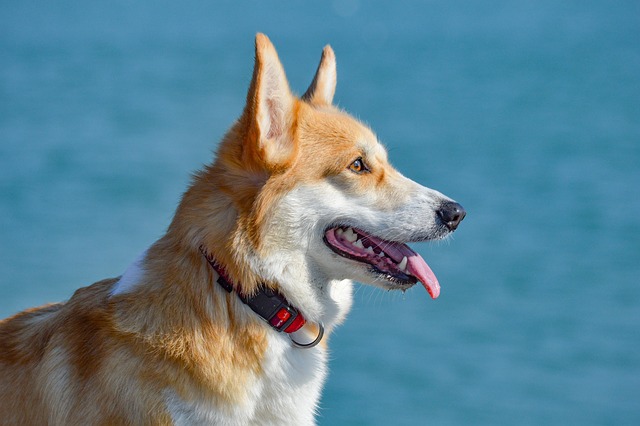
I was at a Florida park last August when I noticed a woman frantically waving for help—her 3-year-old Golden Retriever, Daisy, was lying on the asphalt
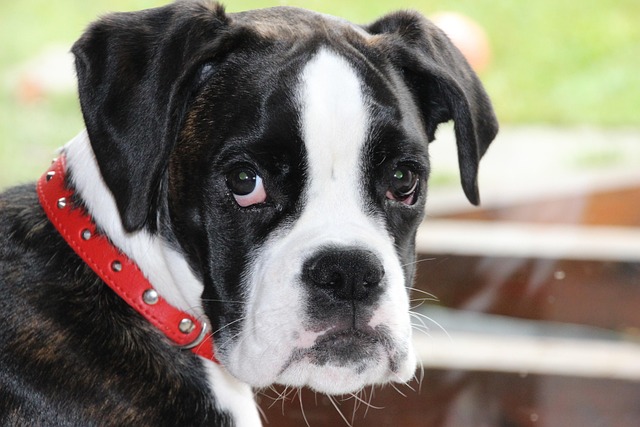
I rushed over to my friend Mia’s apartment last month after she texted, panic-stricken: Her 10-week-old German Shepherd puppy
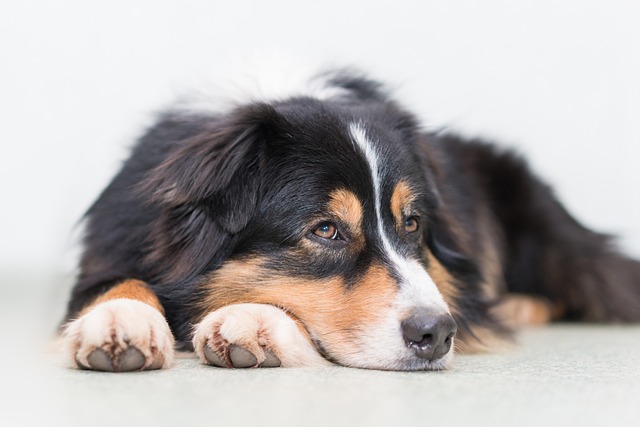
If you’ve just brought home a fluffy long-haired pup—maybe a Golden Retriever or a Shih Tzu—you’ve probably wondered how to keep their coat from turning into a matted mess.